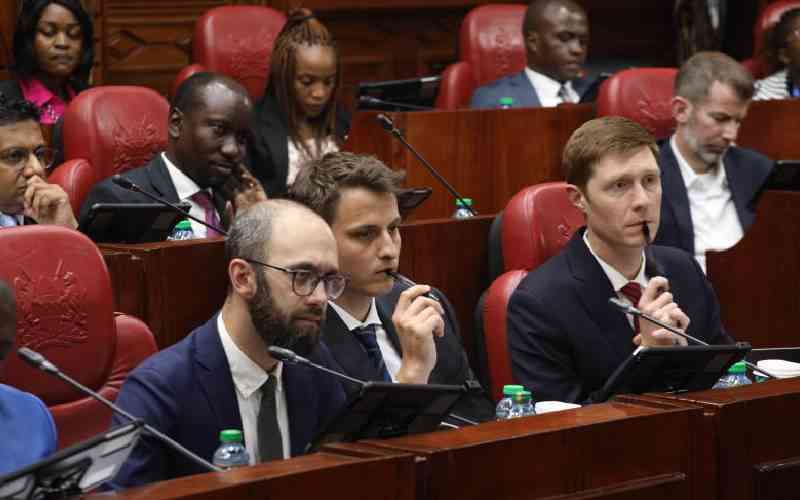×
The Standard e-Paper
Join Thousands Daily

Kenya is considering the possibility of easing regulations on cryptocurrencies, marking a notable change in the country's approach to digital assets.
Five financial regulators including the Central Bank of Kenya (CBK) said recently they will establish and execute comprehensive and accommodating structures that seek to simplify innovation, including digital assets, to meet the needs of the masses and promote financial development.